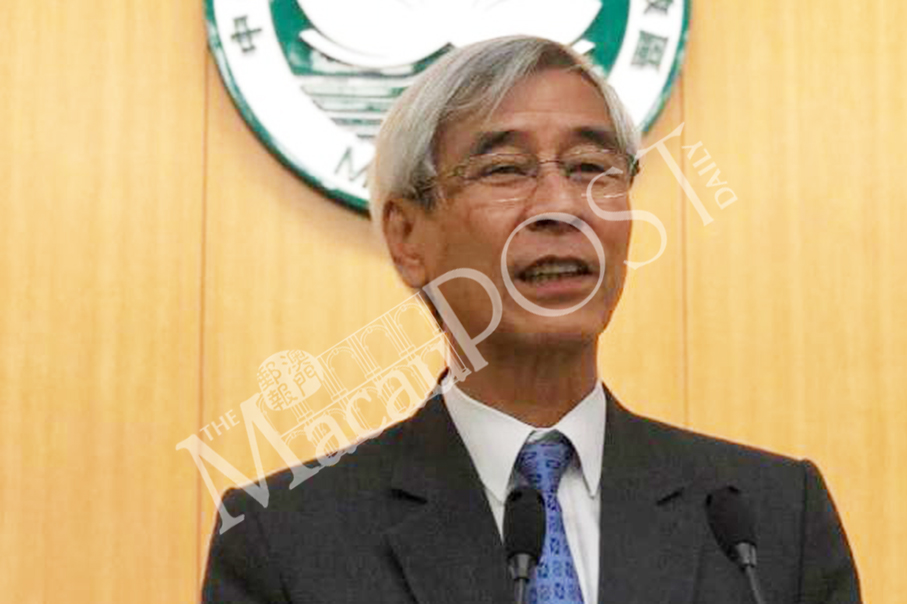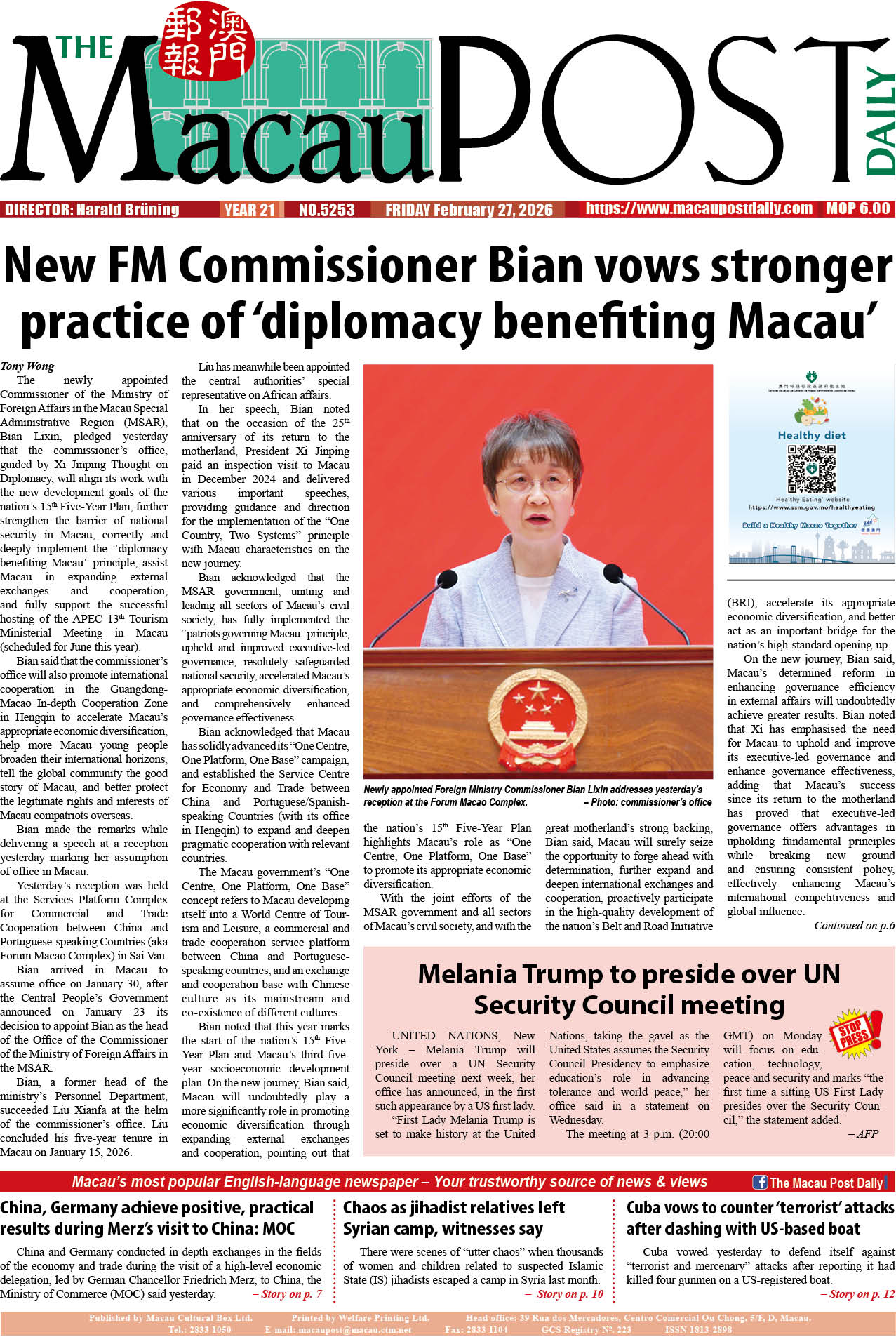China Daily Editorial
Republic of Korea (ROK) President Yoon Suk-yeol’s ongoing state visit to the United States carries special weight not because it is the first by a ROK leader in 12 years, or an occasion for commemorating the 70th anniversary of the US-ROK alliance. But because it occurs at a time when both parties in the alliance feel an acute need for mutual reassurance that their partnership remains “ironclad” amid the multitude of present-day challenges.
The Democratic People’s Republic of Korea (DPRK) has escalated both its rhetoric and actions that the ROK perceives as signifying an existential threat to it. Although these have been stepped up in response to the ROK’s own escalated military cooperation with the US, which the DPRK likewise perceives to be an existential threat to it.
On its part, the US is coordinating more closely than ever with the ROK, not with a more watchful eye on the DPRK nuclear issue, but as part of its attempts at the geopolitical isolation of neighboring China. From perceived potential contingencies arising from the Korean Peninsula to the Taiwan Strait, to “technology de-coupling” in such areas as semiconductors, Seoul has a role of critical strategic significance in Washington’s “Indo-Pacific” strategy.
The ROK leader has gone to great lengths to make his trip rewarding. He made decisive moves to improve ties with Japan in defiance of conspicuous domestic dissatisfaction at home, promised to provide further assistance to Ukraine despite warnings from Russia, and made comments on Taiwan that he knew would irk Beijing.
As the joint Washington Declaration issued by both governments on Wednesday revealed, he conveyed “full confidence in US extended deterrence commitments” and recognized “the importance, necessity, and benefit” of his country’s “enduring reliance on the US nuclear deterrent”. In other words, the ROK won’t develop its own nuclear weapons.
President Yoon has apparently been rewarded with what he wanted. In a show of commitment to a stronger combined posture under their Mutual Defense Treaty, the US and ROK leaders announced the establishment of a Nuclear Consultative Group to cope with a potential DPRK nuclear assault, which Washington claims will give Seoul more insights into, and a voice in, US planning for nuclear contingencies.
The US and ROK presidents also made an explicit threat to Pyongyang that any nuclear attack by the DPRK against the ROK would be met with a swift, overwhelming and decisive response with the full range of US capabilities, “including nuclear”. A “nuclear attack by North Korea ... is unacceptable and will result in the end of whatever regime were to take such an action”, Biden added.
Such posture may serve the ROK’s immediate tactical need for sense of security in the face of the threat of nuclear attack. But it is not in the ROK’s long-term, strategic or national security interests. When one country’s pursuit of security compromises that of others, it will only create more risks and greater uncertainty.
– Courtesy of China Daily
N.B. While the Republic of Korea (ROK) is informally known as South Korea, the Democratic People’s Republic of Korea’s (DPRK) informal name is North Korea.







